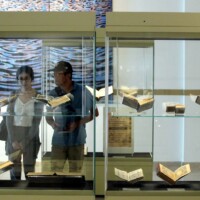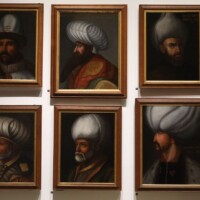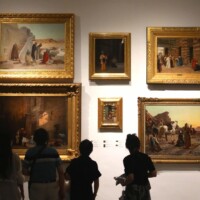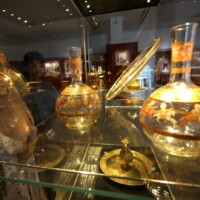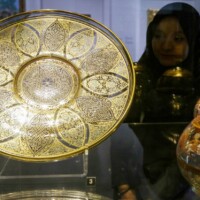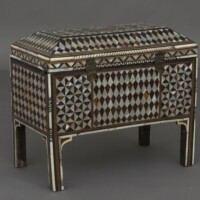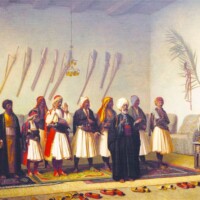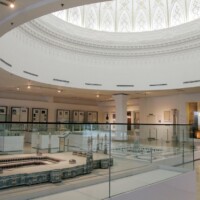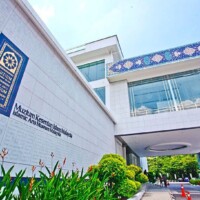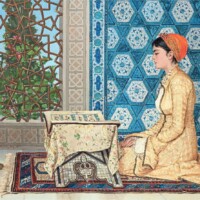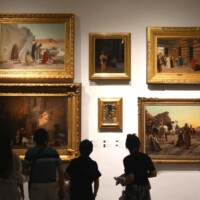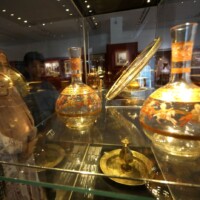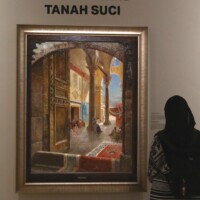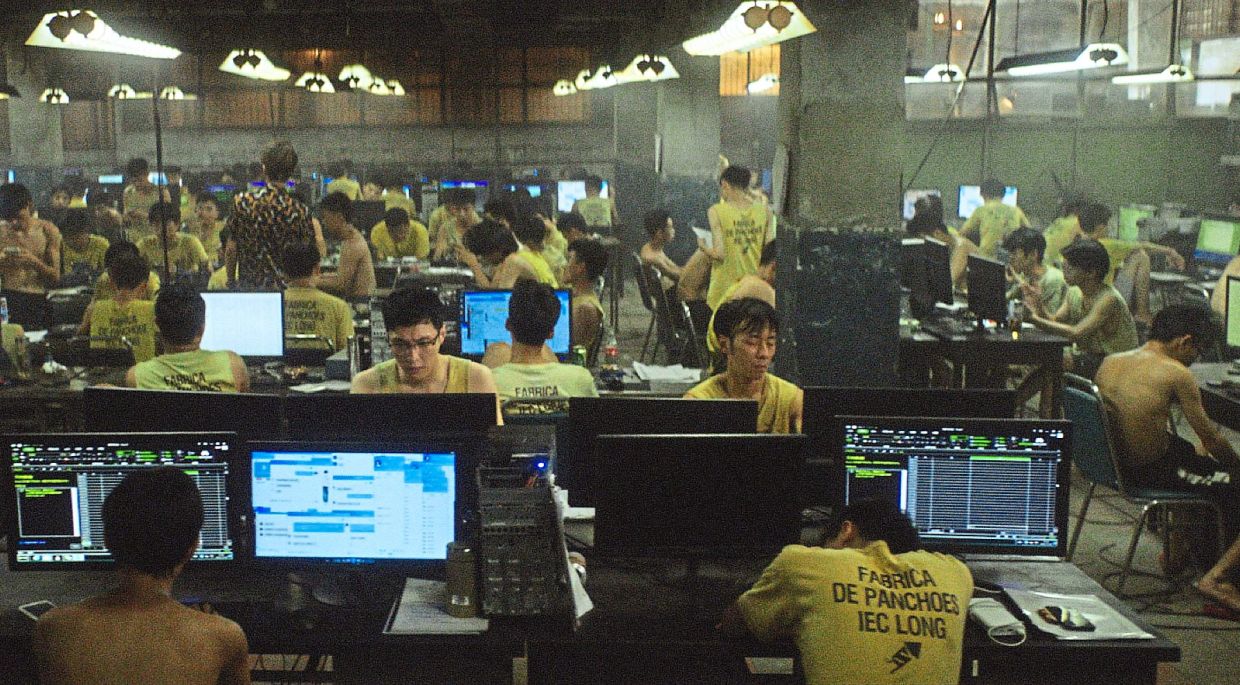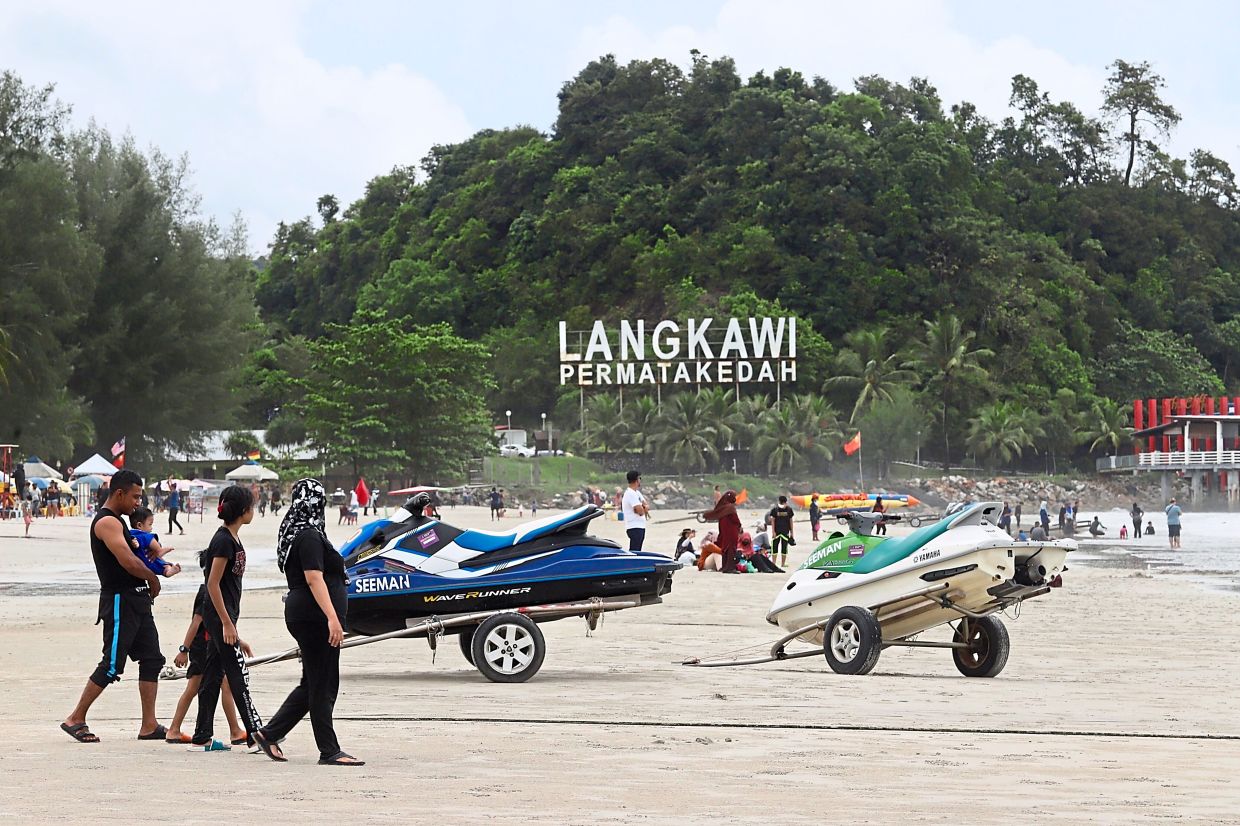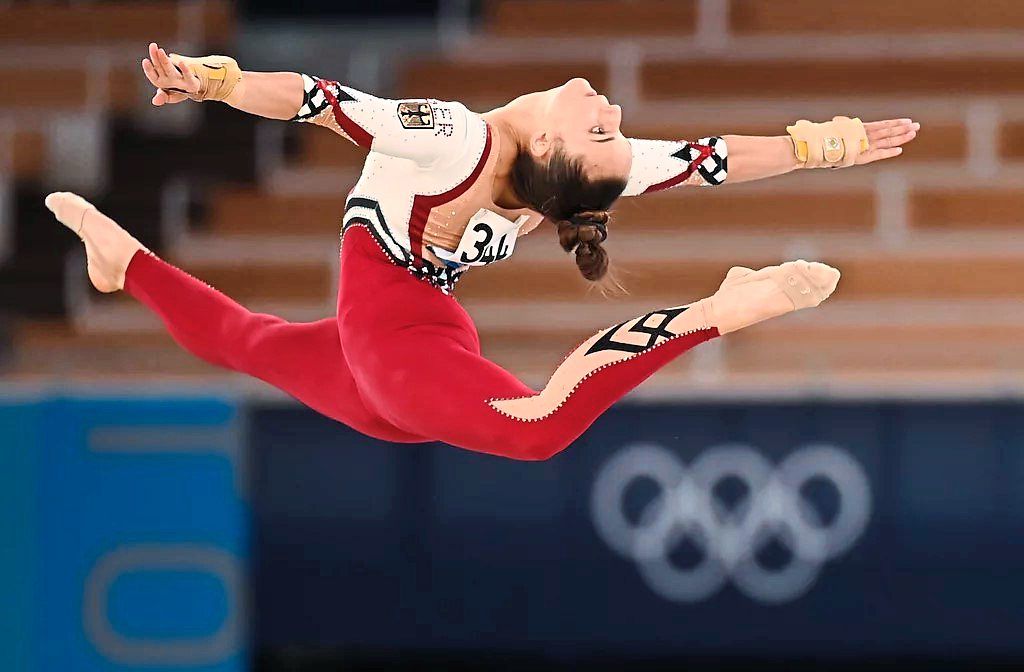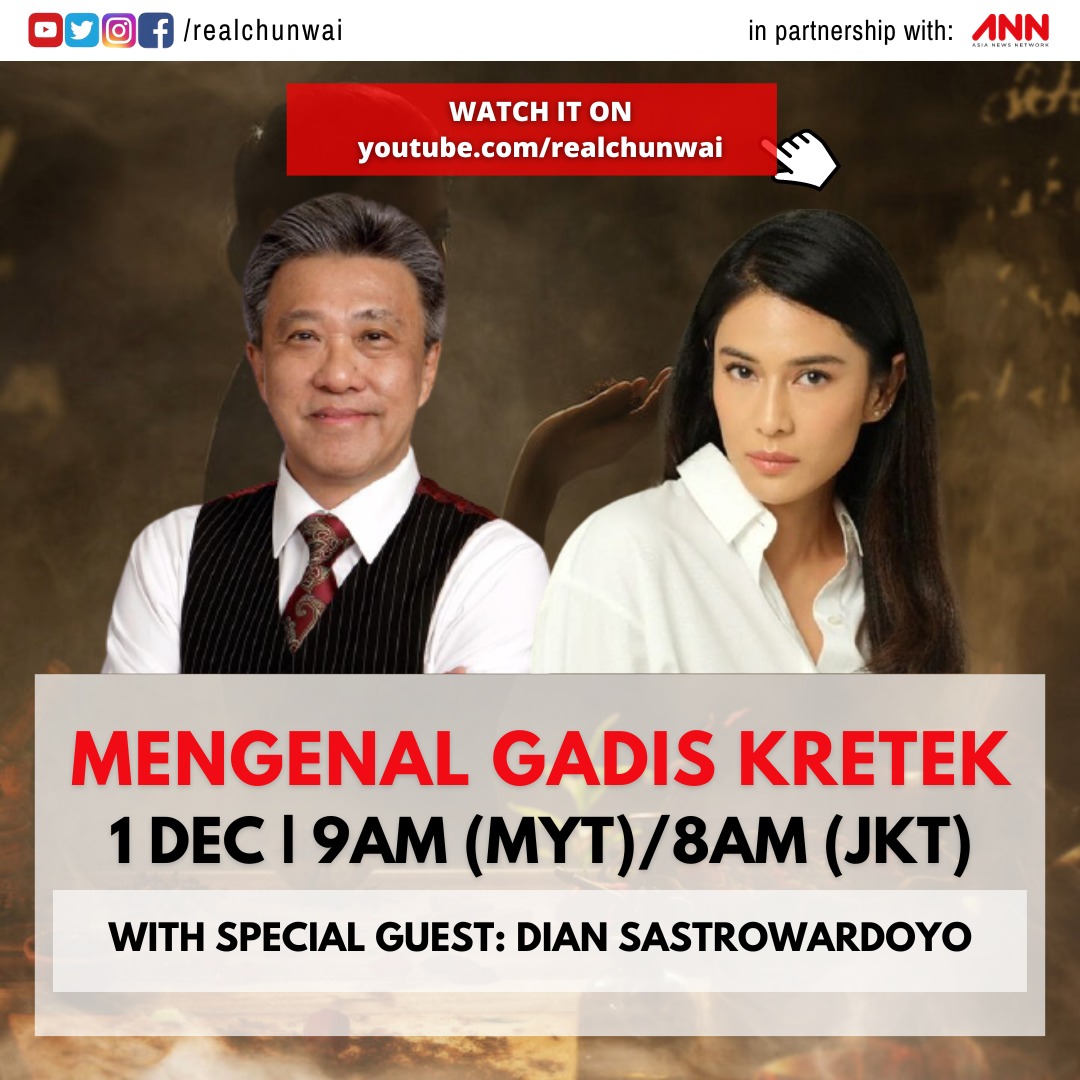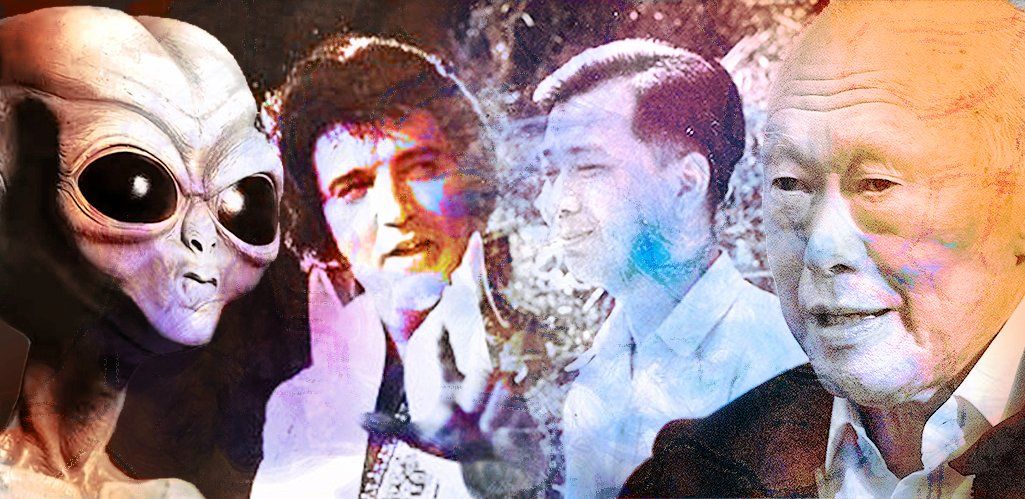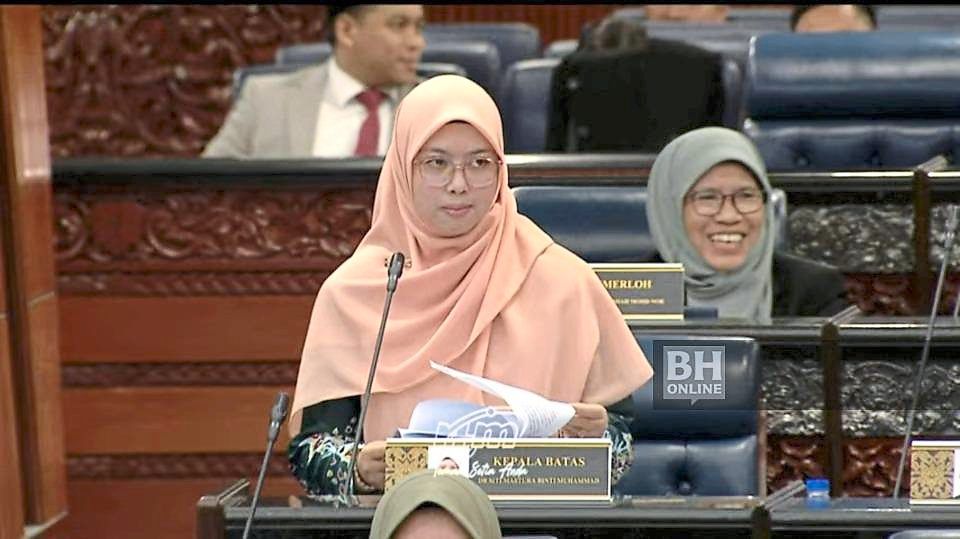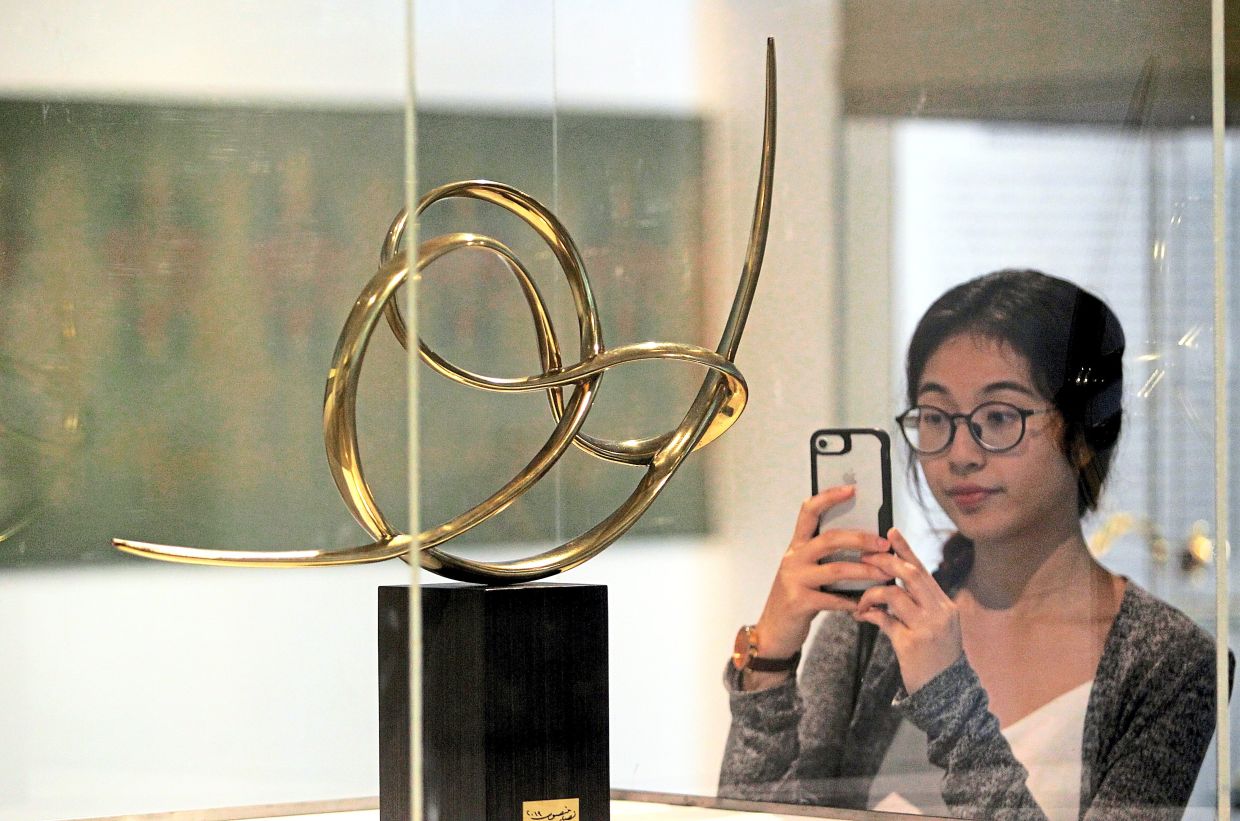
IT’S the largest museum of Islamic arts in South-East Asia, with more than 13,000 paintings and artifacts from around the world.
This massive collection is beautifully curated and displayed across the sprawling four levels of the facility, which has become a must-stop for travellers to Kuala Lumpur.
Nestled on a small slope in Lake Gardens, with the National Mosque across the side street, the museum is an oasis of calm and tranquillity.
Significantly, this isn’t a Muslim-only enclave. The Islamic Arts Museum Malaysia (IAMM) is open to all and is a great pitstop as many foreign tourists have discovered, consistently ranking it the No 1 tourist attraction in the city in Tripadvisor.
Come Dec 12, IAMM will celebrate its 25th anniversary with museum elites from around the world gathering to revel in this special occasion.
The milestone will be officiated by Prime Minister Datuk Seri Anwar Ibrahim and will be marked by exhibitions that trace the museum’s journey thus far, while showcasing 150 masterpieces from its collection.
What’s interesting is that IAMM holds the view that “an appreciation of history, culture and civilisation helps the way for us to stand together, despite our differences.”
This statement of purpose is even more relevant in today’s divided world than it was when the museum opened in 1998, before the Sept 11 attacks in New York in 2001.
What followed that devastating day was a wave of Islamophobia resulting in bias and prejudices. More than two decades have passed, but that indifference has never dissipated. It has, perhaps, become worse in Malaysia in recent years because of politicians playing the race and religious card.
Amid this noise, IAMM is a beacon of peace. And what one gets to see there is the beauty of Islam.
It holds a special place in my heart because of its stylish and modern appearance, with its stunning domes and airy interior, while the displays are as inviting as they are informative.
Through paintings and artifacts, the museum shares the rich cultural heritage of Islam, and how it has successfully unified peoples from more than 100 lands, and the way it has created an artistic tradition that’s uniquely its own.
Prized icon
IAMM is the jewel in the crown of the Albukhary Foundation’s philanthropic model. As a museum, it takes visitors on a journey through grand Muslim empires, including the Ottoman, Persian and Mughal, from their court life to street life. It also reveals how different countries adapt to their culture to suit the requirements of their faith.
When viewing these displays, some may find them vaguely familiar, almost European, in fact. The National Gallery in London says that Western art often “reflects centuries of contact with the Muslim world and admiration of Islamic art.”
This is something for us to ponder: how the appreciation of art has no borders or cultural identity. They are sensory experiences, pure and simple.
The museum’s displays provide a peek into the world of master craftsmen, royal ateliers, royal patronages and the artist’s studio. They seek to feed our spirit with wonder at the human race’s creativity.
As a Malaysian museum, IAMM also introduces visitors to the Islamic art of South-East Asia, an area neglected by many of its peers.
And in so doing, the museum has become more representative of the Islamic world, with displays from the Middle East and North African countries to India and the East, and from Central Asia to the Malay Archipelago.
Today, IAMM is recognised for having the finest collection of South-East Asian Islamic art, which other museums seek to occasionally borrow.
With its huge inventory, including a significant collection of masterpieces that are sought after by others, it has helped raise its standing in the international museum community, and led to collaborations and exchanges with well-known museums in Britain, Europe, the United States, Japan, Australia, India and the Middle East.
Many of these exchanges are sometimes pursued in the hope of building bridges and healing rifts within the community. Surely but steadily, museums are awakening to their soft role as ambassadors of cultural harmony.
Slow start
IAMM is the pride and passion of its director, Syed Mohamad Albukhary. When living in Europe in the 1990s, he realised that Malaysia would be a good place for an Islamic arts museum – it’s at the crossroads of cultures for centuries and is a Muslim country with a multicultural population.
This cultural diversity and its geographical location within the Asia Pacific rim made it a good place to stir interest in Islamic art among locals as well as countries in the region.
Fortunately, Syed Mohamad had his brother’s backing. Businessman Tan Sri Syed Mokhtar Albukhary supported his dream and made it one of the earliest initiatives of the Albukhary Foundation.
The infant years were difficult. Unlike other museums, which had collections and then searched for a building to house them, IAMM did the reverse – it built the museum and then went on an acquisition trail. Unfortunately, it found itself derailed by the 1997 Asian financial crisis that saw the devaluation of the Malaysian ringgit.
With a much smaller budget, Syed Mohamad could only afford less expensive items. However, when the country recovered from the economic crisis and the Albukhary Foundation was on a stronger financial footing, he began scouring for big ticket items at art auctions around the world.
Syed Mohamad was set on having a good Islamic art collection that presented the Islamic world in its entirety – across many geographies and cultures.
When in Europe and the United States on purchasing trips, he also visited famous museums to see how they functioned because he wanted his museum to be of an international standard.
Besides viewing galleries, he went on to establish a conservation and research centre to maintain its collection. In time, a scholar’s library with rare books was set up for researchers. The museum also embarked on educational outreach programmes with schools, universities and the public in general.
By the 2000s, the world had started to take notice of IAMM, which vaunted all the distinctive must-haves of a world-class museum. It began to hobnob with the international museum community while local Malaysian museums began to request benchmarking visits.
It started hosting joint exhibitions with renowned institutions while some of its collections travelled abroad to participate in others at illustrious places.
The museum became a staple in the itinerary of foreign dignitaries visiting Malaysia and has welcomed numerous royals, presidents and prime ministers from around the world. The most recent is Prince Albert of Monaco, who was on an official trip to Malaysia at the end of last month.
Every year, the museum organises about three to four theme-based exhibitions that run for between four and six months. Curators work hard to shed new light on the selected theme so that visitors can leave feeling nourished with new knowledge.
The exhibitions are usually accompanied by workshops and lectures popular with young people as well as scholars. It would be good to see more non-Muslim participation at these hands-on workshops, where we can learn arts and crafts.
Here is informal learning at its best – inspiring, engaging and likely to make us think out of the box.
Big breaks
In 2018, the Albukhary Foundation Gallery of the Islamic World opened at the British Museum. The IAMM initiative involved four years of renovations that British Museum Director Hartwig Fisher described as “magnificent”.
With this, priceless Islamic heritage artifacts were relocated to a more prominent place for visitors to view and learn. Before this, these pieces were displayed away from the main traffic flow, left almost forgotten.
For IAMM, acceptance of the venerable British Museum is like entering the inner circle of the museum elite. At the same time, it was keen to retain its edge as an Islamic museum in a non-Muslim setting.
At the launch of the joint exhibition “Inspired by the East: how the Islamic world influenced western art” held in 2019, the foundation’s trustee Sharifah Zaharah Albukhary said, “What we have now is a true collaboration between two institutions halfway across the globe.
“By bringing these two museums and their collections together, we hope to present an updated study of the nexus between East and West.
“It is not an entirely new understanding. It is more an analysis of different understandings – and misunderstandings – over the centuries.”
Another venture was in Japan during the pandemic. IAMM introduced Japanese audiences to the comprehensive history of Islamic art with the exhibition “14 Dynasties: The History and Culture of the Muslim World” at the Tokyo National Museum.
The seven-month virtual exhibition that ran from July 2021 saw IAMM sending the largest collection of artifacts it has ever consigned to any museum abroad.Encouraged by these successes, IAMM is now in discussions to hold similar exhibitions at renowned museums in the United States, Canada and in the Far East, basically, in non-Muslim settings.
Humanity has come a long way jumping through hoops of prejudicial fire and indifference, but at the end of the day, we all exist for one and the same reason, and IAMM is surely one of the many places to discover what that is.


